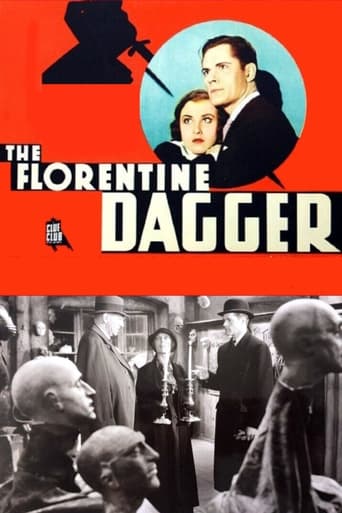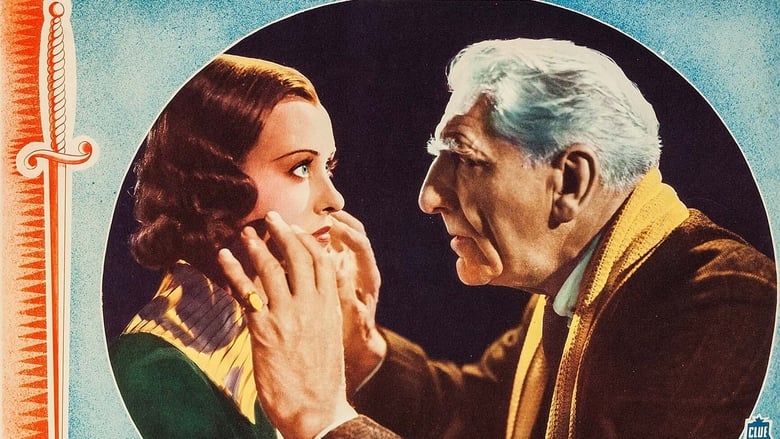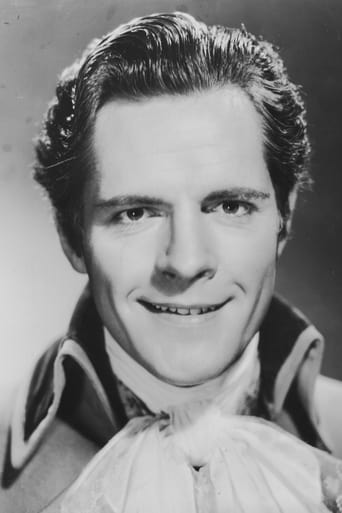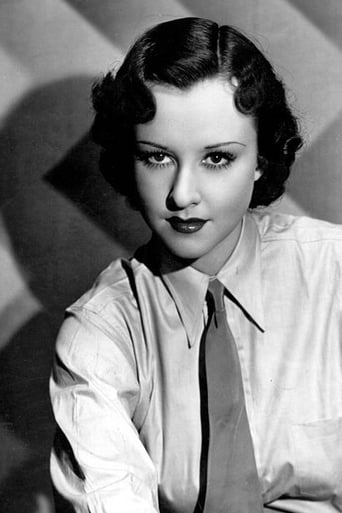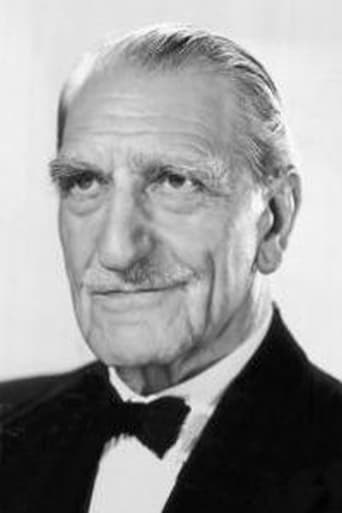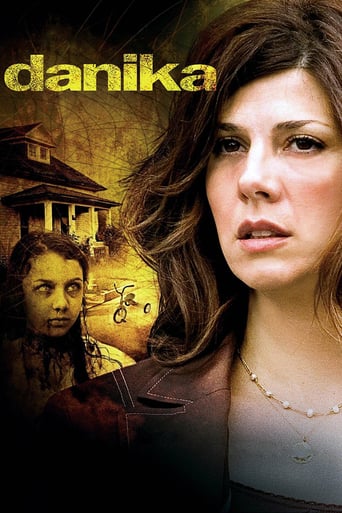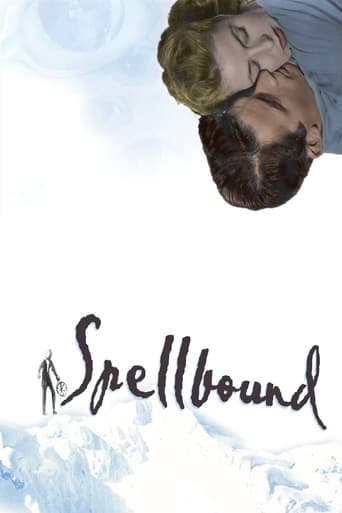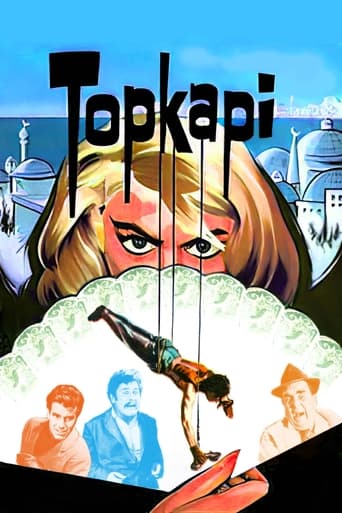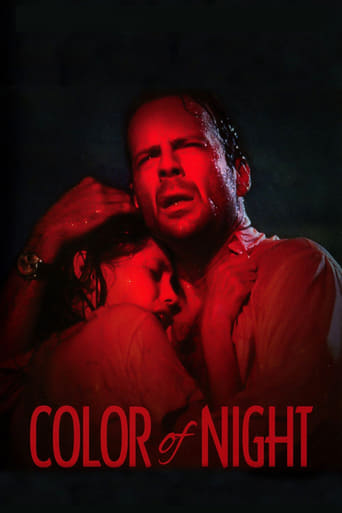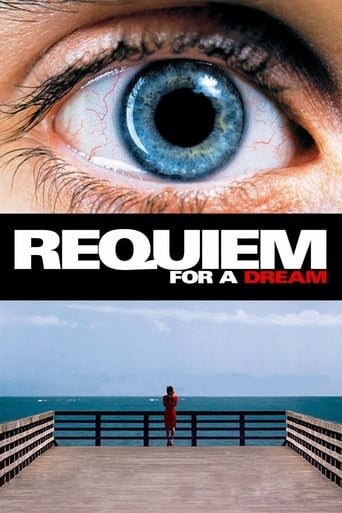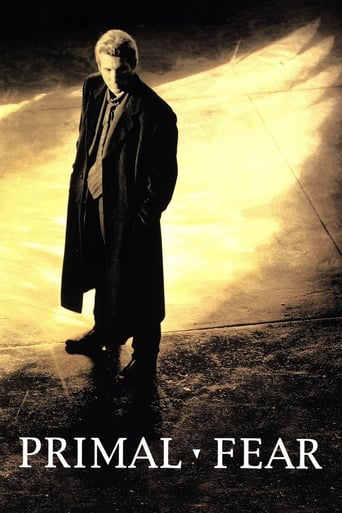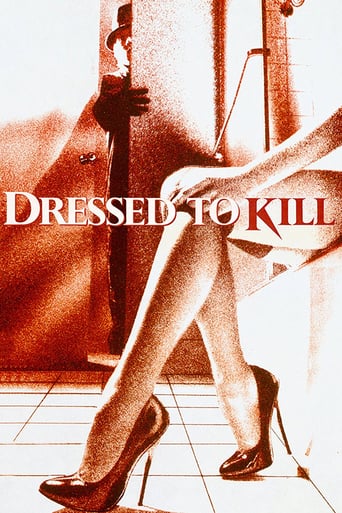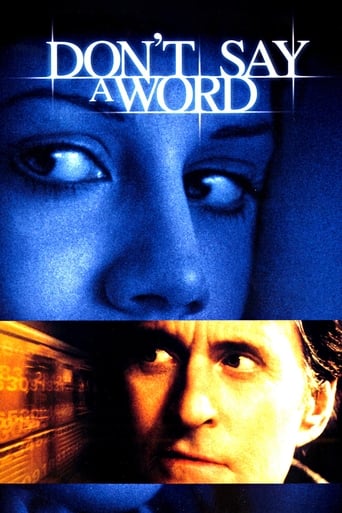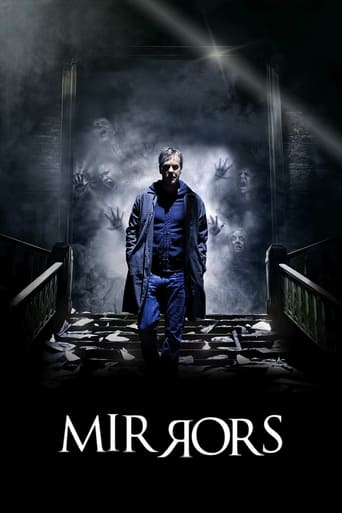The Florentine Dagger (1935)
A playwright descended from the Borgia family becomes a murder suspect.
Watch Trailer
Free Trial Channels
Cast


Similar titles
Reviews
Such a frustrating disappointment
recommended
Excellent, a Must See
While it is a pity that the story wasn't told with more visual finesse, this is trivial compared to our real-world problems. It takes a good movie to put that into perspective.
1935's "The Florentine Dagger" finds director Robert Florey ("Murders in the Rue Morgue") doing a trial run for his 1941 Peter Lorre vehicle "The Face Behind the Mask," only here we never actually SEE the face in question. Sad to say, Donald Woods seems totally out of his depth as a tortured Italian descendant of the infamous Lucrecia Borzia, whose legacy of misdeeds get quite a lot of airtime during the picture's first half. Banishing his suicidal thoughts by scripting a play about his ancestors, he falls in love with the star performer (Margaret Lindsay), who also feels a kinship for the Borgias, which puts her in a bad light when her stepfather (Henry O'Neill) is discovered murdered by a Borzia Florentine dagger. There just aren't enough suspects for the whodunit angle, and Robert H. Barrat's grating comic police captain spends more time eating than investigating. The climax does at least feature some salacious and surprising elements, unusual for any Hollywood product of that time. Newcomer Donald Woods was barely passable in "The Case of the Curious Bride," only marginally better as Perry Mason in "The Case of the Stuttering Bishop" (most effective in "Charlie Chan on Broadway"). Florence Fair appeared in 15 titles that year, as did dependable Frank Reicher, but Ruthelma Stevens, so good opposite Adolphe Menjou in a pair of Thatcher Colt mysteries, is sadly wasted as an acting understudy.
Florentine Dagger, The (1935) ** (out of 4) Yet another murder/mystery with this time a young play-write (Donald Woods) stopping off in a small village where he meets a beautiful young woman (Margaret Lindsay) who he wants in his latest play. Soon the play is a hit and they want to be married but her father (Henry O'Neill) refuses permission but soon he's found dead with a dagger in his heart. That's pretty much the set-up to this thing but in the end I found the majority of the picture to be downright boring with very little going for it. I've always thought Florey did his best work outside this genre as it just seemed like he never could pull things together very well. I think the biggest problem with this film isn't his direction but instead it's the screenplay that doesn't offer up any decent characters and the weak story is just a major drag. I had a very hard time getting into the film early on simply because the characters were all underwritten and even worse is the fact that the movie itself doesn't really know what it wants to do. Yes, we eventually get the mystery but everything is pretty dry without any small laughs and the romance is pretty boring as well. Woods is usually a very reliable actor but even he seems very bored here as he goes from one scene to another without too much energy and seems to be lacking any type of passion. Lindsay is also pretty bland in his role but so is O'Neill as the soon-to-be-dead father and Robert Barrat does very little with the Inspector role. C. Aubrey Smith is good as the doctor who ends up staying close to Woods. Florey does add a couple nice touches including a rich atmosphere in the house as well as a few other scenes where the darkness does some justice but in the end this thing is just too flat for its own good.
This little programmer from Warner Bros. features a bunch of studio contract players, all trying to do their best to bring some life into an unlikely story about a man (DONALD WOODS) who thinks he's inherited a tendency to kill because he's from a long line of Borgias. Nevertheless, he's encouraged to write a play about Lucretia Borgia for the daughter of HENRY O'NEILL, played by MARGARET LINDSAY.When O'Neill becomes the victim of a stabbing, the plot thickens as Detective Von Brinkner (ROBERT BARRAT) goes about trying to solve the crime. But it's really C. AUBREY SMITH who does most of the snooping to uncover the reason behind O'Neill's vicious death.However, it's Barrat's lively performance as the playboy detective that gives a lift to the story and a bit of humor that's badly needed.It's really a B-film struggling to look like an A-film with some proper atmosphere and period settings, but the story is told in dull fashion and never quite becomes as fascinating as the film's imaginative title.
A young Italian, the last of the Borgias, fears he is cursed with the evil of his infamous family. And now the woman he loves may be guilty of a nasty murder...Based on a novel by Ben Hecht, THE FLORENTINE DAGGER is raised above the level of modest murder programmers on the strength of its unusual plot, moody atmospherics and very fine acting. Sir C. Aubrey Smith graces the proceedings as a kindly old doctor who helps a young playwright and a spirited actress (Donald Woods & Margaret Lindsay) find happiness together, despite homicide and a possible family curse. Robert Barrat is also much fun as an eccentric, flirtatious police inspector; surprisingly, he becomes the story's true hero in the movie's closing moments.The supporting cast includes Henry O'Neill as a Viennese theatrical producer; Florence Fair as his troubled housekeeper; Frank Reicher as a harried stage manager; Rafaela Ottiano & Charles Judels as worried Italian innkeepers; Paul Porcasi as a timid policeman; Eily Malyon as a lady who knows more about the murder than she's willing to say; and wonderful Herman Bing as a flustered Austrian baker.The conclusion comes as a bit of a surprise, considering the Production Code's requirement for the punishment of all movie murderers...*************************Much is said, in the film's first half, about Cesare Borgia. It might prove interesting to review the facts of his life. The illegitimate son of Pope Alexander VI, Cesare (1475-1507) started his rise to power early, first in his ancestral Spain and later in Italy. At the age of seven he was created prothonotary & canon of the cathedral of Valencia - but it was in 1491 at the age of sixteen that his career really started to move. Over the course of the next two years Cesare was quickly created bishop, archbishop & cardinal. In 1498 he renounced his cardinalate to become Captain General of the Papal Army. Working hand in glove with the Pope, his father, they furthered their schemes towards wresting a northern Italian kingdom for Cesare.A marriage that same year with the sister of the King of Navarre and the acceptance of a French dukedom, gave Cesare & Alexander the French support they would need for their plots of conquest. By 1500 Cesare was fully immersed in his generally successful campaigns. (One of his victims was Duke Alfonso of Bisceglie, the husband of Cesare's wicked sister Lucrezia; that unlucky gentleman had been stabbed by a quartet of Cesare's assassins and subsequently strangled in his sickbed by Cesare's servant.) Hated & despised by the rank and file of the citizenry of Italy, Alexander & Cesare had to constantly fight against the overwhelming tide of public opinion.Surviving one rebellion in his army - and treacherously murdering the ringleaders after feigning peace - Cesare's fortunes at last crumbled with the death of his father in 1503. The new pope, Julius II, was an implacable enemy and demanded the release of Cesare's dominions. Cesare was eventually captured by the Spanish, imprisoned in Spain, and made a daring escape. He now offered his services to his brother-in-law, the King of Navarre. Cesare Borgia's short, violent, utterly fascinating life came to an end in 1507 when he was killed in a skirmish with rebels.

